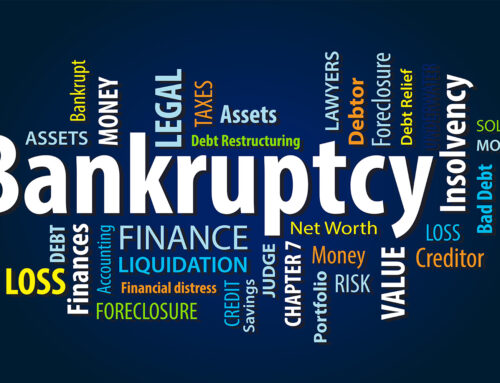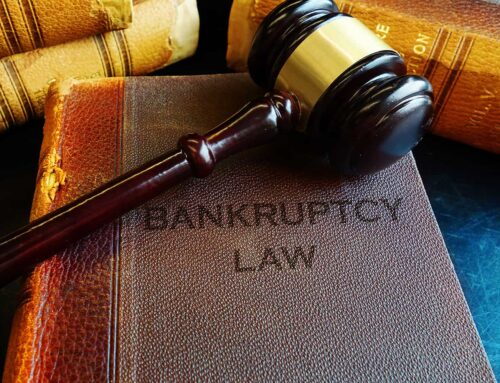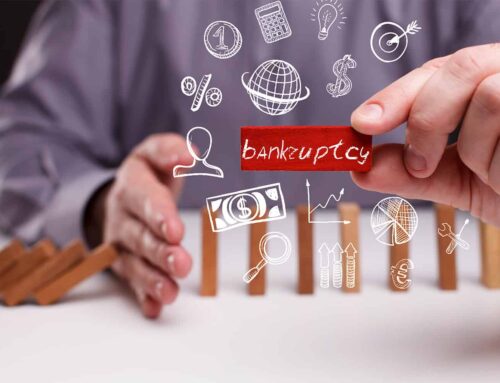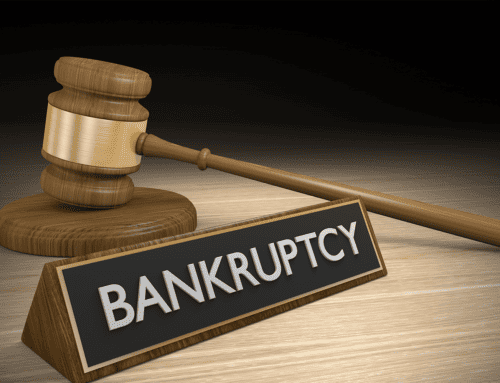Working through any heart-breaking event that throws your life into disarray presents a difficult challenge. When two such crises knock you down at the same time, it can defeat your spirit. If your marriage is ending, and your financial obligations are so overwhelming that the only path out is bankruptcy, you already know this feeling.
Take heart and refuse to become discouraged. Understanding the complexities of your situation and addressing them is the first step in getting your life back under control.
Decisions Are Important
Whether an approaching divorce brings feelings of grief or some relief, you and your spouse have a number of vital decisions to make. If you also plan to file for bankruptcy, either individually or as a couple, you have even more choices to determine. Unfortunately, these aren’t one-and-done decisions because choices about the divorce process are affected by options selected in the bankruptcy system. The best way forward with these interwoven proceedings varies with each couple’s financial circumstances.
Cooperation Is Key
While remaining civil and cooperative during divorce proceedings is always the best route, several situations make it particularly critical to put aside dissension and bitter feelings. The first is for the sake of any children involved; the second is when the need to file for bankruptcy occurs at the same time as the divorce.
Community Property Includes Both Debts and Assets
When people consider California’s community property law, they tend to think of it in terms of assets acquired during the marriage, but any debts incurred by either or both spouses during the union are also considered community property. When divorcing couples have amassed debts during the time they were married, these obligations must also be divided equally.
Timing Makes a Difference
The first decision for spouses with overwhelming debt is whether to file for bankruptcy jointly before initiating the divorce or to file for divorce first. This decision, in turn, often depends on which type of bankruptcy is the best option for this particular situation.
Keep in mind that divorce and bankruptcy involve two different court systems. Divorce proceedings take place in California courts while bankruptcy is under the jurisdiction of the federal bankruptcy court.
Chapter 7 bankruptcy is a relatively quick process — often about half a year — that cancels out qualifying debts by selling the debtor’s non-exempt assets to pay creditors. On the other hand, Chapter 13 bankruptcy is a debt reorganization process that usually takes from three to five years to complete.
Chapter 7 is not an option available to everyone, however, and filers need to meet a means test to show they have a monthly income lower than the median income in California for a similar-sized family. If the couple meets the requirements to file Chapter 7 bankruptcy jointly while they are still married, they can use this process to erase their qualifying debts. Not all obligations can be eliminated by bankruptcy, such as student loans and child support, but the subsequent divorce proceedings should have fewer complications to drag them out, saving both time and legal fees.
Laws in some states may enable a couple to keep more assets during bankruptcy if they file jointly while still married, but this is generally not the case with California bankruptcy exemptions.
If the couple’s income is too high to meet the Chapter 7 means test while they are still married, they may elect to pursue divorce first. Each spouse can separately file for bankruptcy after the divorce when each may individually qualify for Chapter 7.
It is important to remember, however, that creditors are not bound by divorce agreements. Until a debt is either paid or discharged through bankruptcy, a creditor may come after either spouse for missed payments no matter how the debts were divided in the divorce.
Knowledgeable Assistance Simplifies Decision-Making
If sorting through the intertwining processes of bankruptcy and divorce seems confusing, obtaining professional help can put your mind at ease and help determine the best course of action. The Law Offices of Brent D. George provides bankruptcy expertise, including the complications of divorce. Contact us at (805) 494-8400 today to schedule your free consultation and discuss your individual situation.







